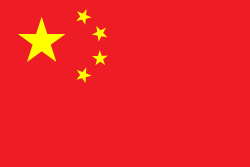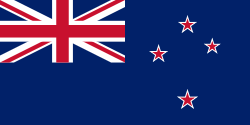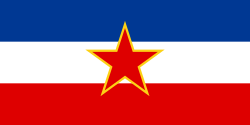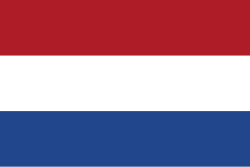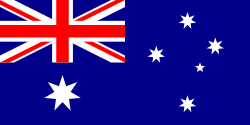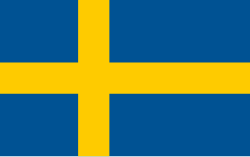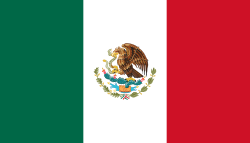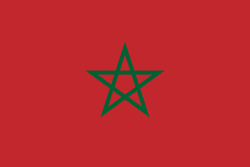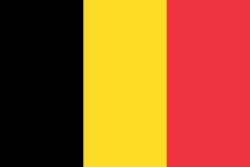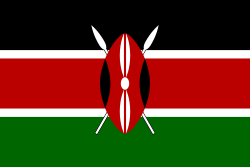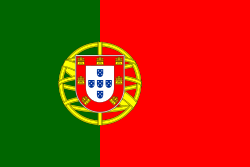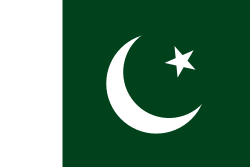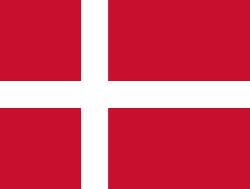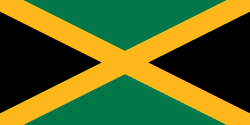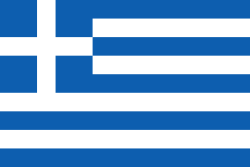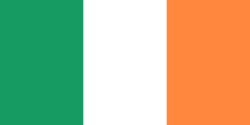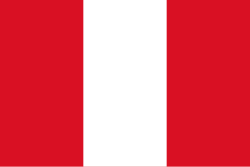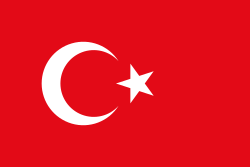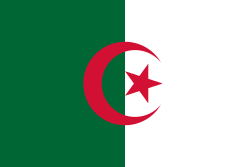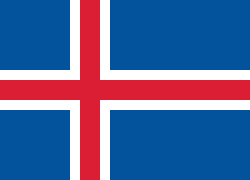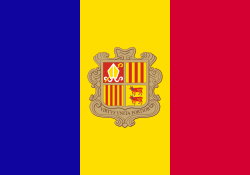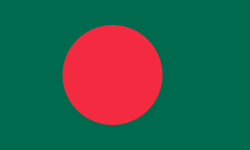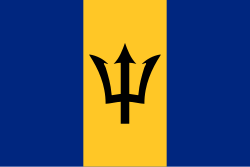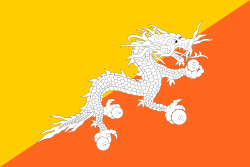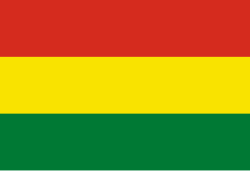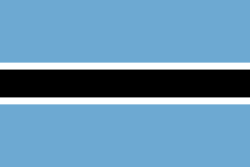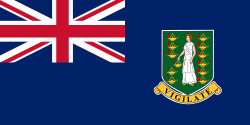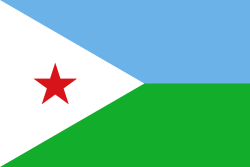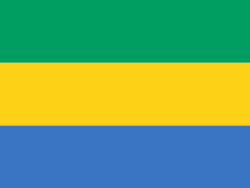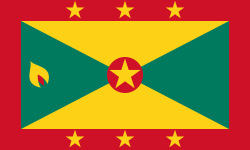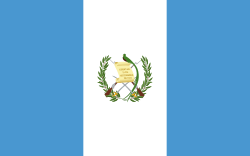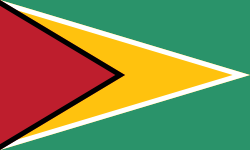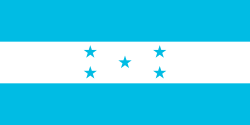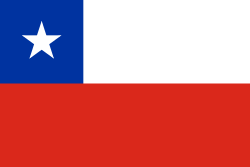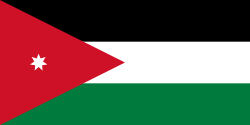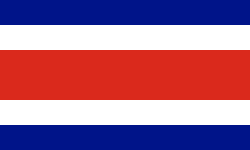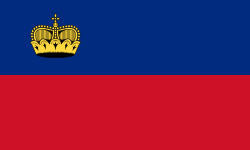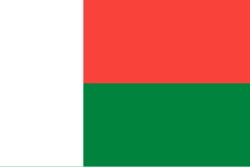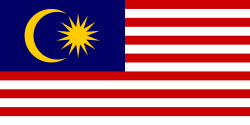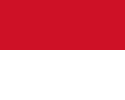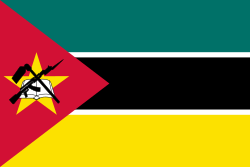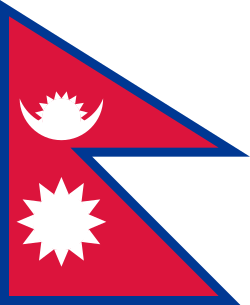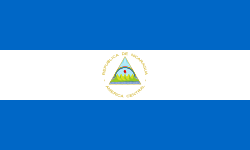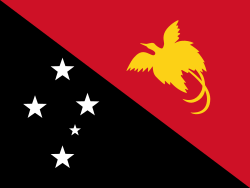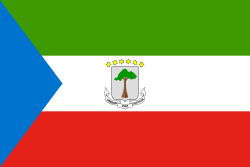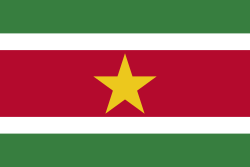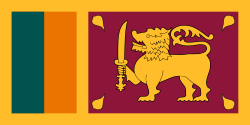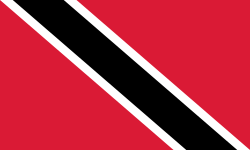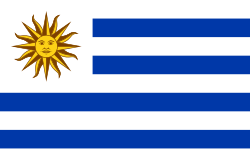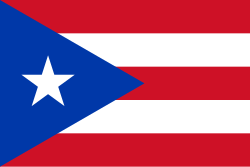Letní olympijské hry 1984
| XXIII. letní olympijské hry | |
|---|---|
| Místo konání | Los Angeles, USA |
| Počet zemí | 140 |
| Počet sportovců | 6 797 |
| Soutěže | 221 ve 23 sportech |
| Zahájení | 28. července 1984 |
| Zakončení | 12. srpna 1984 |
| Slib za sportovce | Edwin Moses |
| Slib za rozhodčí | Sharon Weber |
| Pochodeň | Rafer Johnson |
| Stadion | Los Angeles Memorial Coliseum |
← LOH 1980 LOH 1988 → | |
XXIII. letní olympijské hry se uskutečnily v době od 28. července až do 12. srpna 1984 v Los Angeles v USA. Zúčastnilo se jich 6 797 sportovců (5 230 mužů a 1 567 žen) ze 140 zemí. Soutěžilo se v 221 disciplínách 23 sportů.
Pořadatelské město bylo vybráno v roce 1978. Tyto hry byly bojkotovány Sovětským svazem i ostatními státy východního bloku (kromě Rumunska a Jugoslávie), stejně jako Kubou, Etiopií a KLDR – náhradou byla sportovní akce Družba 84. To se týkalo také Československa, které na této olympiádě chybělo. Uváděným oficiálním důvodem neúčasti bylo údajné „nedostatečné zajištění bezpečnosti a nerespektování důstojnosti sportovců“. Pravou příčinou byla odveta za bojkot předchozích OH v Moskvě, kam na výzvu USA nepřijelo 65 zemí na protest proti invazi Sovětského svazu do Afghánistánu. Naproti tomu se olympijských her 1984 poprvé po mnohaleté pauze zúčastnila Čínská lidová republika.
Významné postavy her
Zřejmě nejslavnějším účastníkem her se stal domácí atlet Carl Lewis, který podobně jako 48 let před ním Jesse Owens zvítězil hned ve čtyřech disciplínách: v běhu na 100 m, 200 m, štafetě na 4 x 100 m a ve skoku do dálky. Nikdo další už po Lewisovi podobného výkonu až dodnes nedosáhl.
Sporty
|
Ukázkové sporty
- Baseball
- Tenis
Počet medailí podle údajů mezinárodního olympijského výboru
| Pořadí | Země | Zlato | Stříbro | Bronz | Celkem |
| 1 | 83 | 61 | 30 | 174 | |
| 2 | 20 | 16 | 17 | 53 | |
| 3 | 17 | 19 | 23 | 59 | |
| 4 | 15 | 8 | 9 | 32 | |
| 5 | 14 | 6 | 12 | 32 | |
| 6 | 10 | 18 | 16 | 44 | |
| 7 | 10 | 8 | 14 | 32 | |
| 8 | 8 | 1 | 2 | 11 | |
| 9 | 7 | 4 | 7 | 18 | |
| 10 | 6 | 6 | 7 | 19 | |
| 11 | 5 | 11 | 21 | 37 | |
| 12 | 5 | 7 | 16 | 28 | |
| 13 | 5 | 2 | 6 | 13 | |
| 14 | 4 | 8 | 12 | 24 | |
| 15 | 4 | 2 | 6 | 12 | |
| 16 | 2 | 11 | 6 | 19 | |
| 17 | 2 | 3 | 1 | 6 | |
| 18 | 2 | 0 | 0 | 2 | |
| 19 | 1 | 5 | 2 | 8 | |
| 20 | 1 | 2 | 2 | 5 | |
| 21 | 1 | 1 | 2 | 4 | |
| 22 | 1 | 1 | 1 | 3 | |
| 23 | 1 | 0 | 2 | 3 | |
| 23 | 1 | 0 | 2 | 3 | |
| 25 | 1 | 0 | 0 | 1 | |
| 26 | 0 | 4 | 4 | 8 | |
| 27 | 0 | 3 | 3 | 6 | |
| 28 | 0 | 1 | 2 | 3 | |
| 28 | 0 | 1 | 2 | 3 | |
| 30 | 0 | 1 | 1 | 2 | |
| 30 | 0 | 1 | 1 | 2 | |
| 30 | 0 | 1 | 1 | 2 | |
| 33 | 0 | 1 | 0 | 1 | |
| 33 | 0 | 1 | 0 | 1 | |
| 33 | 0 | 1 | 0 | 1 | |
| 33 | 0 | 1 | 0 | 1 | |
| 33 | 0 | 1 | 0 | 1 | |
| 33 | 0 | 1 | 0 | 1 | |
| 33 | 0 | 1 | 0 | 1 | |
| 40 | 0 | 0 | 3 | 3 | |
| 40 | 0 | 0 | 3 | 3 | |
| 42 | 0 | 0 | 2 | 2 | |
| 43 | 0 | 0 | 1 | 1 | |
| 43 | 0 | 0 | 1 | 1 | |
| 43 | 0 | 0 | 1 | 1 | |
| 43 | 0 | 0 | 1 | 1 | |
| 43 | 0 | 0 | 1 | 1 | |
| Celkem | 226 | 219 | 243 | 688 | |
|---|---|---|---|---|---|
Účastnické země
Her se zúčastnili sportovci ze 140 zemí. Následující země vyslaly své sportovce poprvé v historii: Bahrajn, Bangladéš, Bhútán, Britské Panenské ostrovy, Džibutsko, Gambie, Grenada, Katar, Mauritánie, Mauricius, Omán, Rovníková Guinea, Rwanda, Samoa, Severní Jemen, Spojené arabské emiráty, Šalomounovy ostrovy a Tonga.
Sovětský svaz inicioval bojkot her ze strany zemí Varšavské smlouvy jako odplatu za bojkot minulých olympijských her v Moskvě ze strany západních zemí. I přesto se tři komunistické země zúčastnily, a to Čína, Jugoslávie a Rumunsko.
Čísla v závorkách udávají počty sportovců zastupujících zemi.
- Účastnické země
- Počet sportovců zastupujících jednotlivé země
|
|
|
Externí odkazy
 Obrázky, zvuky či videa k tématu Letní olympijské hry 1984 na Wikimedia Commons
Obrázky, zvuky či videa k tématu Letní olympijské hry 1984 na Wikimedia Commons - www.olympic.cz
- (anglicky) Oficiální výsledky LOH 1984 na Olympedia[nedostupný zdroj]
Média použitá na této stránce
Olympic Rings without "rims" (gaps between the rings), As used, eg. in the logos of the 2008 and 2016 Olympics. The colour scheme applied here was specified in 2023 guidelines.
Olympic Rings without "rims" (gaps between the rings), As used, eg. in the logos of the 2008 and 2016 Olympics. The colour scheme applied here was specified in 2023 guidelines.
Flag of Romania, (21 August 1965 - 22 December 1989/officialy 27 December 1989).

Construction sheet of the Flag of Romania as depicted in Decree nr. 972 from 5 November 1968.
- l = 2/3 × L
- C = 1/3 × L
- S = 2/5 × l
Flag of Romania, (21 August 1965 - 22 December 1989/officialy 27 December 1989).

Construction sheet of the Flag of Romania as depicted in Decree nr. 972 from 5 November 1968.
- l = 2/3 × L
- C = 1/3 × L
- S = 2/5 × l
Variant version of a flag of Japan, used between January 27, 1870 and August 13, 1999 (aspect ratio 7:10).
Flag of the Socialist Federal Republic of Yugoslavia (1946-1992).
The design (blazon) is defined in Article 4 of the Constitution for the Republic of Yugoslavia (1946). [1]
Flag of the Socialist Federal Republic of Yugoslavia (1946-1992).
The design (blazon) is defined in Article 4 of the Constitution for the Republic of Yugoslavia (1946). [1]
Flag of South Korea (1949-1984)
Finská vlajka
The flag of Brazil from 1968 to 1992 with 23 stars.
The flag of Brazil from 1968 to 1992 with 23 stars.
The civil ensign and flag of Belgium. It is identical to Image:Flag of Belgium.svg except that it has a 2:3 ratio, instead of 13:15.
Flag of Portugal, created by Columbano Bordalo Pinheiro (1857–1929), officially adopted by Portuguese government in June 30th 1911 (in use since about November 1910). Color shades matching the RGB values officially reccomended here. (PMS values should be used for direct ink or textile; CMYK for 4-color offset printing on paper; this is an image for screen display, RGB should be used.)
Flag of Jamaica. “The sunshine, the land is green, and the people are strong and bold” is the symbolism of the colours of the flag. GOLD represents the natural wealth and beauty of sunlight; GREEN represents hope and agricultural resources; BLACK represents the strength and creativity of the people. The original symbolism, however, was "Hardships there are, but the land is green, and the sun shineth", where BLACK represented the hardships being faced.
Flag of the Ivory Coast, written by Jon Harald Søby, modified by Zscout370. The colors match to what is reported at http://fotw.vexillum.com/flags/ci.html.
The Egyptian flag (1972-1984). Also the flag of Libya (1972-1977) and Syria (1972-1980), when the three countries formed the nominal “Federation of Arab Republics”. (For a map of the federation, see Image:Esl.PNG.)
The Arab text in the scroll held by the “Golden Hawk of Qureish” reads Arabic اتحاد الجمهوريات العربية, ittiħād al-jumhūriyyāt al-`arabiyya, i.e. the Federation (literally “Union”) of Arab Republics — in a quasi-Kufic script (in its original form, with a very ornamental letter dal د).
Zelený pruh má znázorňovat většinové katolické obyvatelsto Irska, oranžový pruh reprezentuje protestantskou menšinu a bílý pruh uprostřed znázorňuje mír a harmonii mezi nimi.
Flag of Syria. Originally flag of the Syria Revolution (from 2011), de facto flag of Syria beginning December 2024, official beginning March 2025.
Při zobrazení tohoto souboru lze snadno přidat orámování
The national flag of Kingdom of Thailand; there are total of 3 colours:
- Red represents the blood spilt to protect Thailand’s independence and often more simply described as representing the nation.
- White represents the religion of Buddhism, the predominant religion of the nation
- Blue represents the monarchy of the nation, which is recognised as the centre of Thai hearts.
Chinese Taipei Olympic Flag. According to the official website of Chinese Taipei Olympic Committee, Blue Sky(circle) & White Sun(triangles) above the Olympic rings is neither the National Emblem of the Republic of China, nor the Party Emblem of Kuomintang (KMT), but a design in between, where the triangles do not extend to the edge of the blue circle, as registered at International Olympic Committee in 1981 and digitally rendered in 2013. Besides, the blue outline of the five-petaled plum blossom is broader than the red one. Moreover, the CMYK code of the blue one and the Blue Sky & White Sun is "C100-M100-Y0-K0", and different from the Olympic rings (C100-M25-Y0-K0). Note that it's the only version recognized by IOC.
The flag of the Dominican Republic has a centered white cross that extends to the edges. This emblem is similar to the flag design and shows a bible, a cross of gold and 6 Dominican flags. There are branches of olive and palm around the shield and above on the ribbon is the motto "Dios,Patria!, Libertad" ("God, Country, Freedom") and to amiable freedom. The blue is said to stand for liberty, red for the fire and blood of the independence struggle and the white cross symbolized that God has not forgotten his people. "Republica Dominicana". The Dominican flag was designed by Juan Pablo Duarte, father of the national Independence of Dominican Republic. The first dominican flag was sewn by a young lady named Concepción Bona, who lived across the street of El Baluarte, monument where the patriots gathered to fight for the independence, the night of February 27th, 1844. Concepción Bona was helped by her first cousin María de Jesús Pina.
The Flag of Iceland.
- Horizontal aspect ratio: 7:1:2:1:14;
- Vertical aspect ratio: 7:1:2:1:7.
| Flag of Bolivia* | |
|---|---|
| country | Template:I18n/Republic of Bolivia |
| used by | Bolivia |
| from | 1851 |
| until | Present |
| created by | Government of Bolivia |
| format | 15:22 |
| shape | rectangular |
| colours | červená, žlutá, zelená
flag has 3 horizontal stripes |
| other characteristics | A horizontal tricolor of red, yellow and green. |
Made by author of Xramp, first uploaded by Denelson83 as Flag of Ecuador.svg, modifications by Husunqu.
Při zobrazení tohoto souboru lze snadno přidat orámování
bendera Indonesia
Flag of the Iraqi Republic, used officially in different forms from 1963-2008.
Flag of Liechtenstein
Flag of Senegal
The proportions of this flag are 3:2; however, there is no official definition for the correct proportions and also 5:3 is widely used.
Flag of Tunisia until 1999.
(c) Zscout370 na projektu Wikipedie v jazyce angličtina, CC BY-SA 3.0
The first flag of the nation of Lesotho, used from 1966 until 1987. Elements from this flag can be seen on the current national flag, in use starting in 2006.
Belize Flag before August 28, 2019 Standardzations SVG from 3 September 2019 revision by FDRMRZUSA
Flag of Zambia before 1996
Flag of the Philippines in the previous official shade of Cable No. 80176 or Oriental Blue. In use for 9 months from from May, 1985, to February 25, 1986.
Flag of the Ivory Coast, written by Jon Harald Søby, modified by Zscout370. The colors match to what is reported at http://fotw.vexillum.com/flags/ci.html.
Flag of the People's Republic of Congo between 1 January 1970 - 10 June 1991
This is the flag of Bahrain used from 5 October 1950 until 14 February 2002. The base image is from the 2002 CIA World Factbook (mirrored at UMSL). I have removed the border and recolored the red section according to Image:Flag of Bahrain.svg.
State Flag of Venezuela 1930-2006, New flag was introduced 9 March 2006.
The former flag of Rwanda (1961–2001). Commonly refered to as the "R" flag.
The Egyptian flag (1972-1984). Also the flag of Libya (1972-1977) and Syria (1972-1980), when the three countries formed the nominal “Federation of Arab Republics”. (For a map of the federation, see Image:Esl.PNG.)
The Arab text in the scroll held by the “Golden Hawk of Qureish” reads Arabic اتحاد الجمهوريات العربية, ittiħād al-jumhūriyyāt al-`arabiyya, i.e. the Federation (literally “Union”) of Arab Republics — in a quasi-Kufic script (in its original form, with a very ornamental letter dal د).
This is the flag of the Cayman Islands, prior to 1999 (It seems this version is still in use). The base pattern is from HK Blue Ensign and the arms are from the blue ensign. The FOTW was used for the position of the arms.
The three stars mean Grand Cayman(76miles), Cayman Brac(14miles), and Little Cayman(10miles).Autor: Dufo, Licence: CC BY-SA 3.0
Olympische Sommerspiele 1984 — Anzahl der Athleten
The flag of San Marino, before the 2011 standardization
Flag of the Iraqi Republic, used officially in different forms from 1963-2008.
Flag of Oman from 1970 to 1995
1910 Flag of Bermuda (with smaller coat of arms)






